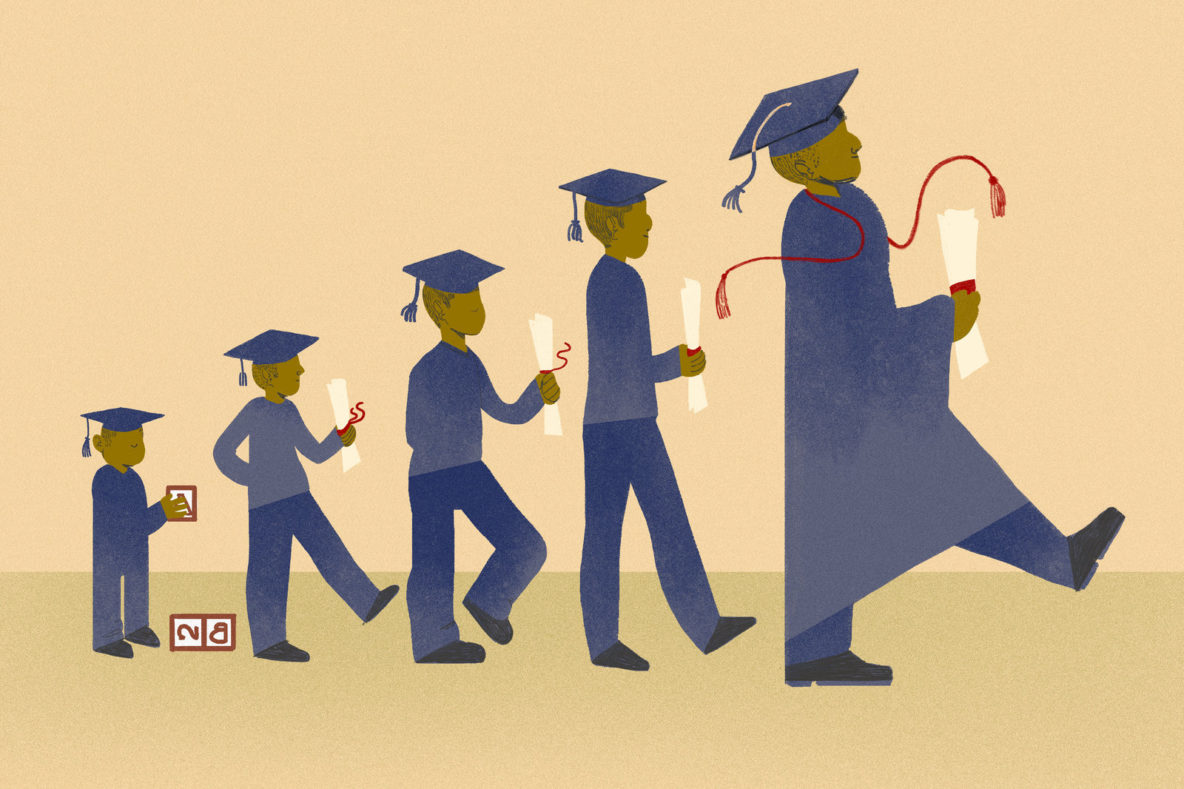In 2001, not long after Oklahoma had adopted one of the nation’s first universal pre-K programs, researchers from Georgetown University began tracking kids who came out of the program in Tulsa, documenting their academic progress over time.
In a new report published in the Journal of Policy Analysis and Management today, researchers were able to show that Tulsa’s pre-K program has significant, positive effects on students’ outcomes and well-being through middle school.
The program, which serves seven out of 10 4-year-olds in Tulsa, has attracted lots of national attention over the years because of the on-going debate over the benefits of preschool and whether those benefits are long-lasting. William Gormley, a professor of public policy at Georgetown and one of the lead researchers, says the Tulsa findings offer convincing and compelling evidence that they are.
Here’s our conversation, edited for length:
Why is this study a big deal?
Because it’s the first long-term study of a universal pre-K program that shows how kids benefit.
Middle school students who were in pre-K years earlier have higher math test scores, are more likely to enroll in honors courses, and are noticeably less likely to have been retained in grade. To read more from CLAUDIO SANCHEZ, click here.
